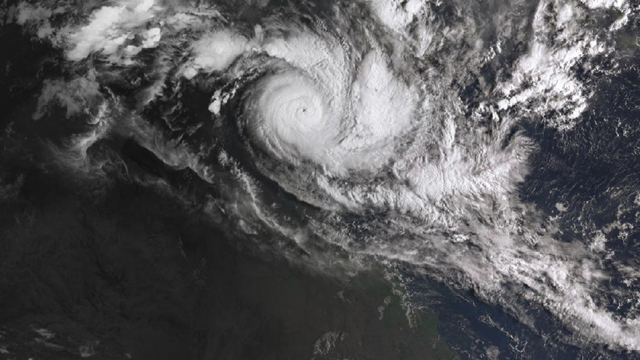News Flash

SYDNEY, Nov 22, 2025 (BSS/AFP) - Northern Australia is on high alert as a tropical cyclone barrels down on the state, as authorities warn the worst of the storm will strike on Saturday.
Severe tropical Cyclone Fina was 120 kilometres (86 miles) northeast of busy Darwin city on Saturday morning, home to 139,900 people, with residents clearing supermarket shelves as they prepare for the category 3 cyclone to hit by evening.
Northern Territory Salvation Army's Peter Sampson said the Red Shield House 49 -- a homeless shelter in the city -- has enough food for a week.
"A lot of our most vulnerable come through here. This is a great facility and the team are really well-trained to look after them," he told the national broadcaster ABC.
There are also concerns for the Tiwi Islands -- a sparsely populated archipelago about 80 kilometres (50 miles) off the coast of Darwin in northern Australia -- which are experiencing the full force of the cyclone with winds up to 185 kilometres per hour.
"It is going to get very wet and it is going to get very windy," Bureau of Meteorology forecaster Angus Hines said Saturday.
"The worst of the wind is still building and not expected to come until later today or overnight".
"Our focus is very much on the Northern Territory. Our focus is on Darwin."
Authorities expect the cyclone to remain over the ocean -- although it will sweep close to land -- meaning cities will avoid the worst of the system.
But this will likely prolong the cyclone as land interaction can weaken the system.
Some areas of Darwin could receive 200 millimetres (8 inches) of rain, which would heighten the risk of flash flooding.
The cyclone was travelling towards the Northern Territory for the past few days and was expected to make landfall as a category 2 tropical cyclone.
But weather authorities were forced to upgrade the cyclone as it intensified Saturday morning, with winds estimated to be about 120 kilometres per hour around the core of the system.
Researchers have repeatedly warned that climate change amplifies the risk of natural disasters such as bushfires, floods and cyclones.